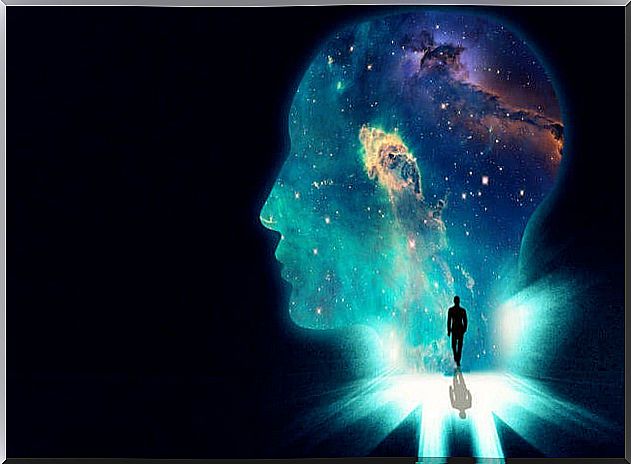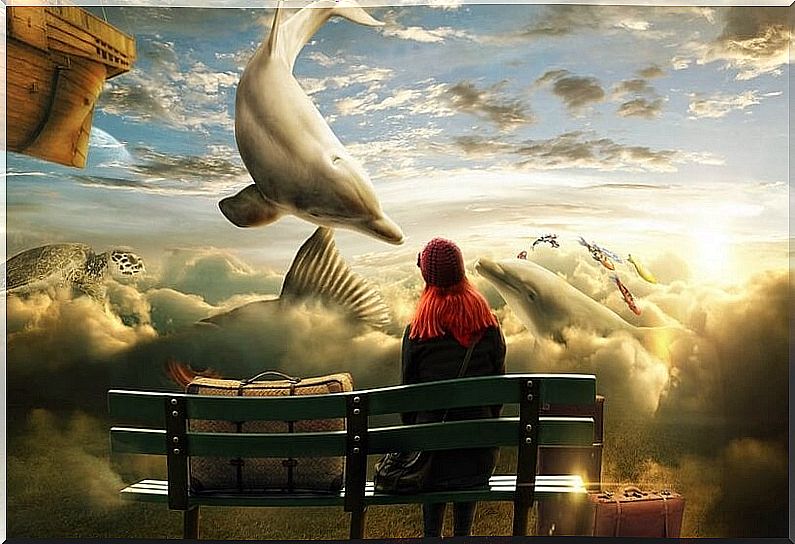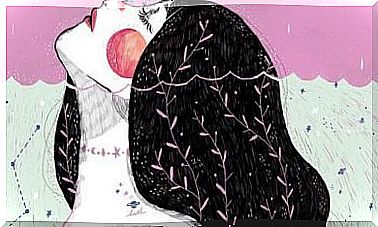Is It Just A Coincidence Or Is It Fate?

Random events have always piqued our curiosity and fascination. Sometimes everything is so inexplicably synchronized that two seemingly unrelated situations merge. Therefore, humans have always associated these random events with a higher power. It makes us wonder if it is chance or fate.
Coincidence has also been a major source of concern and questions. It has been studied from many different perspectives, from philosophy to the occult. It is a force that has been present since the origin of life. Why were we born? Why into this family, this country, these circumstances and not others? Is there anything that can explain it, or is fate just chaotic and incomprehensible?
Both fate and coincidences have given rise to a number of theories, which range from what is supported by the statistics, and to a perception of these phenomena as something supernatural. A name from the world of psychology stands out: Carl Jung. The psychoanalyst, the first supporter of Freud, and founder of his own theory, dedicated much of his work to studying these phenomena. It was he who proposed the interesting concept of synchronicity.
What has been said about coincidences and fate?
One of the first people to question coincidences and fate was Hippocrates, the father of medical science. According to this wise Greek physician, all the components of the universe are bound together by “hidden inclinations.” In other words, he believed that there were laws that explained everything we just did not know them yet.

Arthur Schopenhauer, a well-known German philosopher, felt something similar: “ The fate of the individual will inevitably adapt to the fate of another, and everyone is the protagonist of their own drama, while at the same time playing a role in the drama of the other. This is something that transcends our ability to perceive. ”
Sigmund Freud spread the theory of “the collective unconscious,” while Carl Jung gave it its definitive form. He defined the theory as content that is beyond our consciousness and that is common to all in the human race. It includes memories, fantasies, and longings that we are not aware of but that exist in all of us. The collective unconscious is the origin of the unconscious communication between people. And that would explain some of what we call random events.
Later, the psychoanalyst developed the concept of synchronicity, which he defined as “ random temporal events of unrelated events. ” In other words, it is the conjunction of two situations, neither of which causes the other containing content that complement each other.
Does fate exist or is it fantasy?
While Jung’s theory is very appealing, it is not the only one that can explain coincidences and fate. For Freud, the father of psychoanalysis and Jung’s teacher, it was quite the opposite. From his perspective, fate does not really exist. It is people who create it through their stubborn insistence on giving meaning to everything that happens. Neuroses also cause people to repeat traumatic situations.

In classical psychoanalysis, nothing matters in itself. It is people who give it meaning, based on their longings and traumas. People tend to see meaning in cases where there is none. “ I was just walking down the street when I bumped into someone and it turned out to be the love of my life. “Well yes, and the same thing happened 30 other times with people who were not the love of your life. In fact, the idea of ”the love of one’s life” may also be just a fantasy. Beautiful, but still a fantasy.
Neurobiologists have discovered that when there is an increase in dopamine in the brain, it increases the tendency to see patterns in everything. It causes people to mistakenly give meaning to cases where there is none. They can come to create fantasy connections, often some strange ones, between things that are not related in reality.
Perhaps the situations we consider to be fate are more related to the guiding hand of the unconscious. Without realizing it, we want to be in certain situations or have certain experiences. Maybe people are not as free from fate as we think we are. Our unconscious fantasies and longings are the things that make up what we call fate. Sometimes it can be satisfying to give things a touch of magic.









